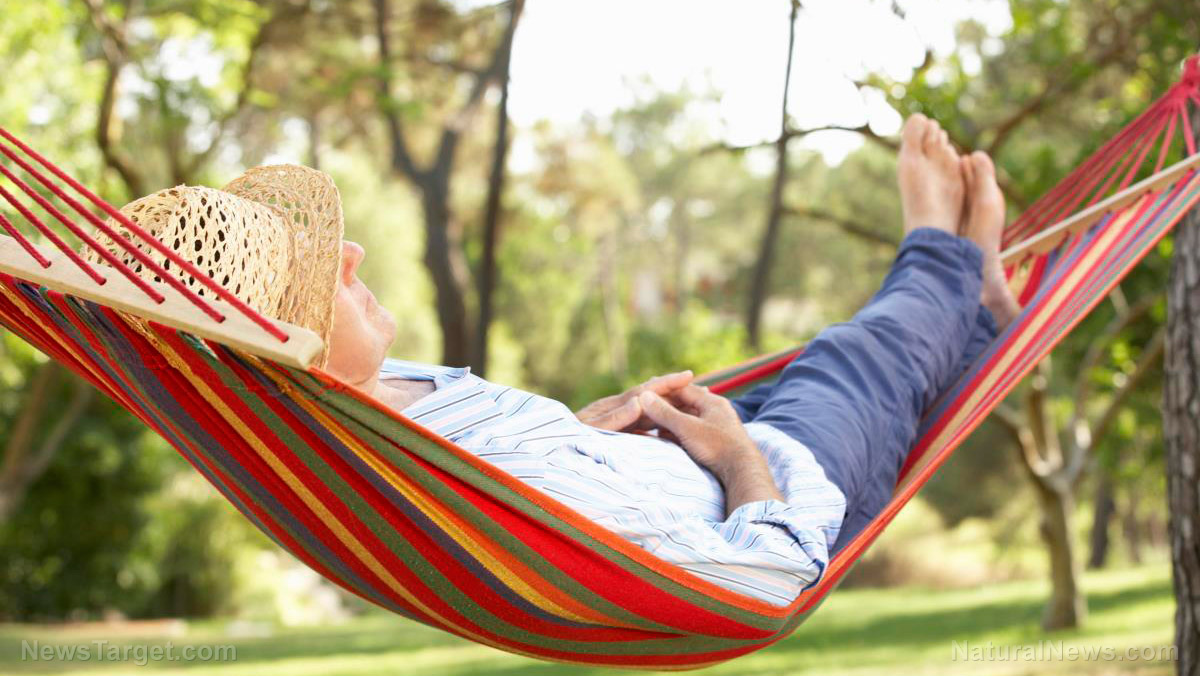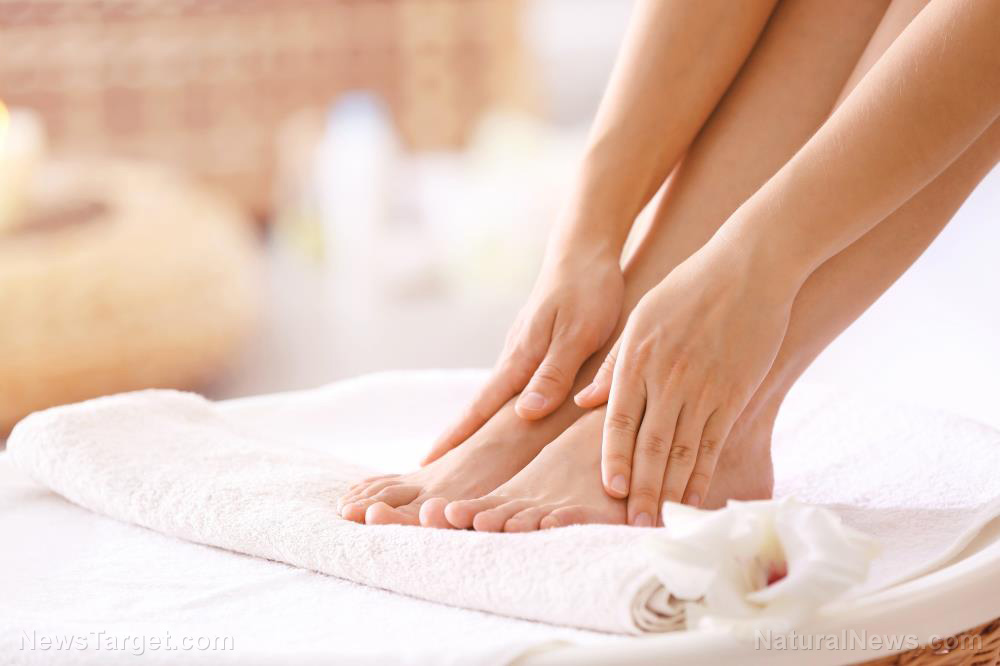“Rock-a-Bye” isn’t just for babies – study shows it still works even for adults
08/14/2019 / By Evangelyn Rodriguez

There are many adults today who don’t get the recommended seven to eight hours of sleep. The Centers for Disease Control and Prevention (CDC) links chronic lack of sleep to higher risks of serious health conditions such as obesity, hypertension, diabetes, and heart disease. Because of this, health experts greatly encourage “sleep hygiene” – a set of practices that promote better quality sleep, such as setting a schedule for bedtime every night and waking time every morning and sticking to that schedule; and turning off or removing television, computers, laptops and mobile phones from the bedroom.
However, a new study suggests another way of getting adequate sleep and improving sleep quality. In an article published in Current Biology, researchers from Switzerland reveal that rocking gently from side to side are not just for babies; this rhythmic movement can benefit even adults, especially those who are sleep-deprived.
The effects of rocking on humans
To determine how rocking influences sleep in humans, the researchers conducted a study involving 18 young and healthy participants. They asked the participants to sleep at the HUG Sleep Laboratory for two nights so they could record the participants’ heart and respiratory rates and monitor their brain activity using electroencephalography (EEG).
On the first night, the researchers made the participants sleep on moving beds, but the following night, they slept on immobile beds. The researchers reported that the participants slept well on both nights, but they fell asleep much faster when they were on the rocking beds.
According to EEG readings, the participants had longer periods of deep sleep and fewer micro-wakes when they were rocked. Micro-wake is a factor commonly associated with poor quality sleep. (Related: Craving sugar? It could be caused by lack of sleep.)
The researchers also tested the effect of rocking on memory consolidation. Memory consolidation is the process by which the brain converts short-term memories into long-term ones. Memory consolidation is said to happen during sleep.
To test their memories, the researchers gave each participant pairs of words in the evening which they had to remember the following morning. The researchers found that the participants remembered things much better when they were rocked to sleep the previous night as opposed to when they slept on stationary beds.
The researchers attributed this result to the way deep sleep modulates brain wave activity and how rocking helps synchronize brain activity across the thalamocortical-cortical networks. These networks are involved in deep sleep and memory formation.
The effects of rocking on mice
Despite this, the researchers gleaned something useful from their experiment. They identified another area of the brain that is heavily involved in determining sleep quality: the vestibular system.
The vestibular system includes the sensory organs in the inner ear. It detects motion and gravity and initiates movements to maintain balance and orientation. The researchers managed to pinpoint the involvement of the vestibular system in sleep quality after observing that a group of mice with non-functioning sensory receptors in the inner ear and altered vestibular function did not benefit from the rocking motion while normal mice did.
The researchers are planning to conduct future studies using more precise techniques to monitor neural activity and further investigate the role of neurons and other structures. They believe that elucidating these will help in developing new ways to treat patients with sleep disorders, mood disorders, and memory disorders.
Sources include:
Tagged Under: brain function, brain health, deep sleep, insomnia, memory consolidation, natural cures, natural medicine, poor quality sleep, remedies, research, rocking, sleep, sleep deprivation, sleep disorders, vestibular system
RECENT NEWS & ARTICLES
COPYRIGHT © 2017 HEALING NEWS



















